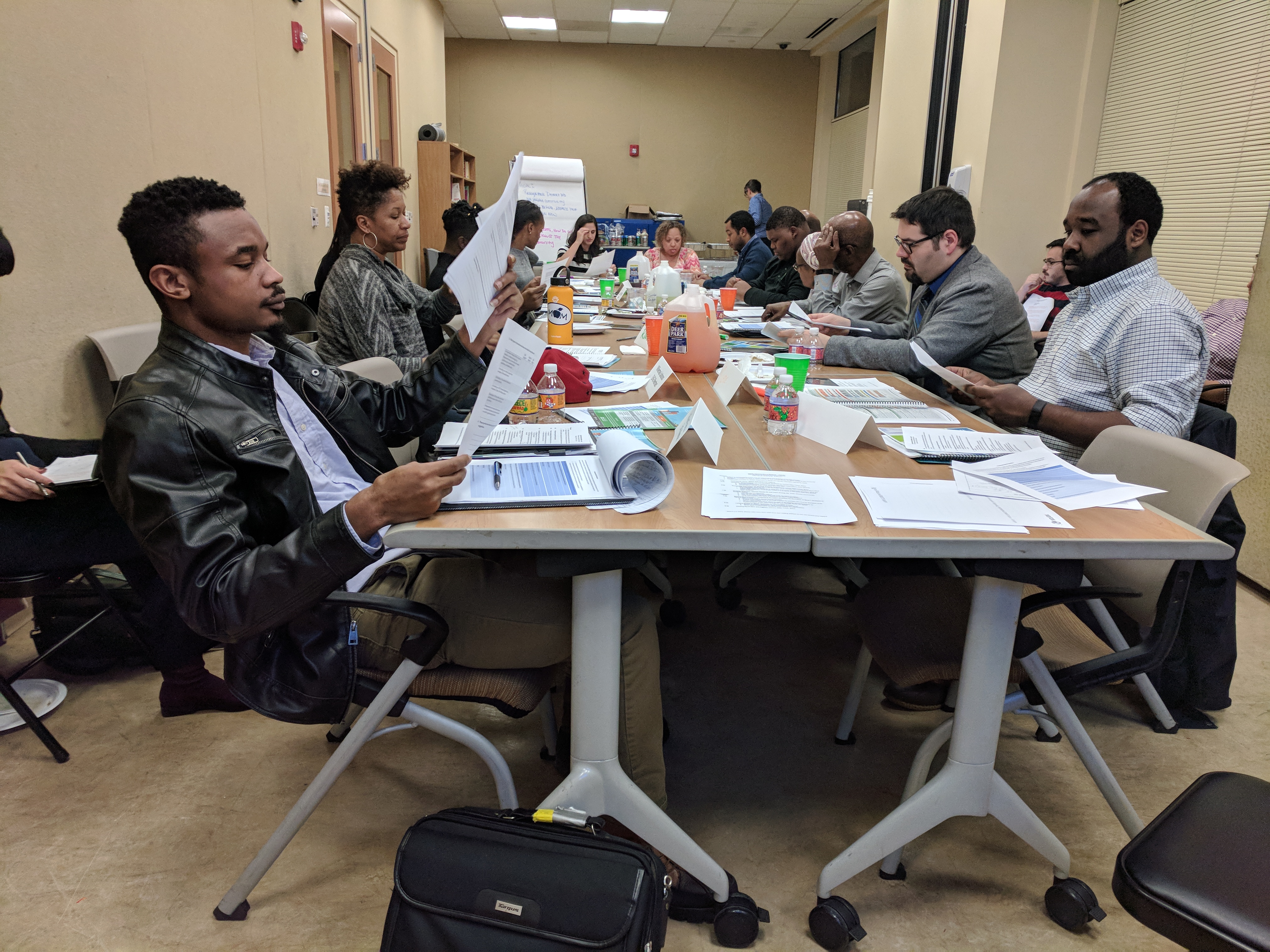Please join us for the Equitable Adaptation Legal & Policy Toolkit launch on July 29, 2020!
GCC will hold a webinar launching the Equitable Adaptation Legal & Policy Toolkit launch on July 29, 2020, at 1 PM ET/10 AM PT. Register for the webinar here.
The effects of climate change disproportionately affect overburdened and low-income people and communities of color, who already face significant economic and social challenges. The cumulative impacts of pollution, racism, and political and economic disenfranchisement make it difficult for these communities to withstand and recover from extreme heat, flooding, and other climate impacts.
For communities to be truly resilient to climate risks, they must have the resources to prepare for the coming changes, as well as the ability to withstand impacts and recover quickly after an event. Building equity into climate resilience planning involves addressing the disproportionate impacts that affect frontline communities and reversing the trends that make it harder for communities of color and low-income individuals to thrive. In practice, this involves both inclusive processes that give frontline communities opportunities to shape decisionmaking, and a deep investment in the programs and policies that frontline communities ask for and need. Importantly, these programs and policies should address not only climate risks, but also pervasive stressors such as lack of educational and economic opportunity and threats from displacement and gentrification.
To help communities address challenges of climate resilience and social inequality, the Georgetown Climate Center is partnering with leading experts to develop an Equitable Adaptation Legal and Policy Toolkit.
The toolkit will cover a broad range of subjects to help guide community-driven planning processes and implementation, including:
- Facilitating procedural and substantive equity, including community-driven engagement and government procedural processes;
- Economic resilience, affordable housing, and anti-displacement;
- Resilient energy, water, and natural systems;
- Disaster preparedness, response, and recovery;
- Public health; and
- Funding and financing approaches.

